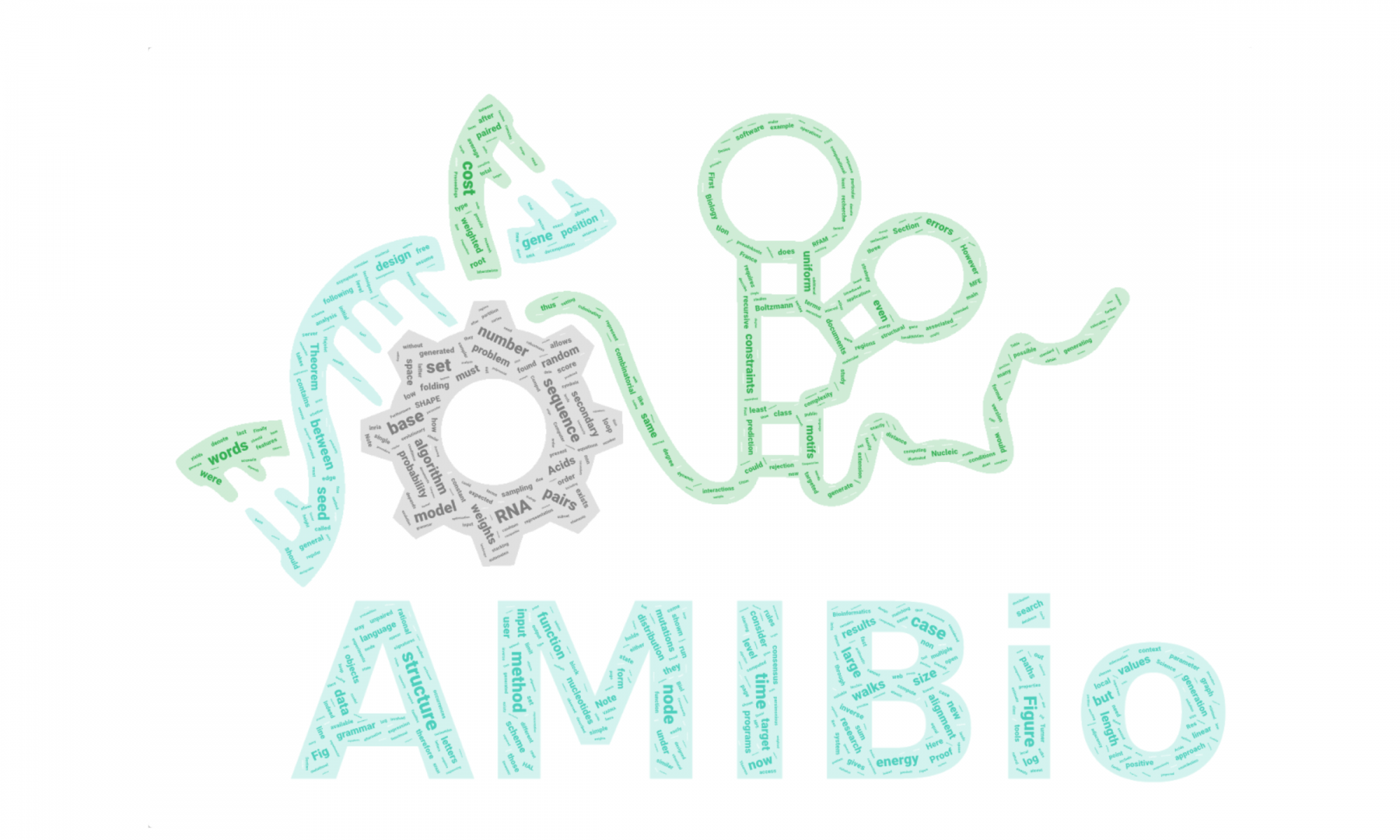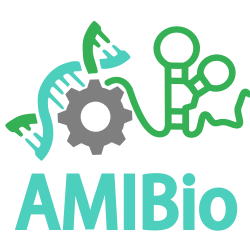Fully funded PhD project; Supervision: Philippe Bouloc
Application closed
General information
Place : GIF SUR YVETTE
Type of contract : CDD Doctorant/Contrat doctoral; 3 years; full-time
Begin : 1 October 2023
Salary : 2 135,00 € monthly gross salary
Thesis project description
The structural conformation of RNAs plays an essential role in their regulatory activity. Recent technological advances have enabled the identification of flexible RNA regions and the determination of secondary structures at the genomic level in vivo. Staphylococcus aureus, a major pathogen known for the emergence of antibiotic-resistant strains, displays high adaptability and virulence attributed not only to proteins but also to regulatory RNAs. Accordingly, our proposal aims to comprehensively identify in vivo RNA structures of S. aureus and study their evolution under specific growth conditions. This study represents a step towards uncovering the mechanisms of RNA action. Moreover, these structures and their organizing elements are likely to constitute potential targets for future antimicrobial molecules.
The proposed project will be carried out in collaboration with the Computer Science department of École Polytechnique, team AMIBio (Palaiseau) and the “Mécanismes moléculaires de la traduction de l’ADN viral” team at Université Paris Cité (Paris).
The successful candidate for this position will play a central role, bridging the gap between laboratory experiments and in silico analyses. The candidate should have a solid grounding in molecular biology and genetics, combined with a keen interest in computational techniques such as sequence analysis, data mining and modeling.
Working Environment
The project will be carried out mainly within the SRRB team at the Biologie Intégrative de la Cellule (I2BC), using the institute’s existing resources and facilities. These include shared equipment, secure L2 laboratories and in-house training facilities. We benefit from privileged access to the scientific platforms available at the institute, giving us full support for our research.
In addition, the successful candidate will have the opportunity to collaborate with our partners, whose laboratories are located close to the I2BC. This collaborative aspect of the project will provide a diversified research experience and foster fruitful interactions with other experts in the field.
Constraints and risks
The project involves working with S. aureus, a class 2 pathogen, and carrying out a variety of classical molecular biology experiments. In addition, it requires extensive computational analysis (long periods in front of a screen) in order to interpret the data obtained and draw meaningful conclusions.

